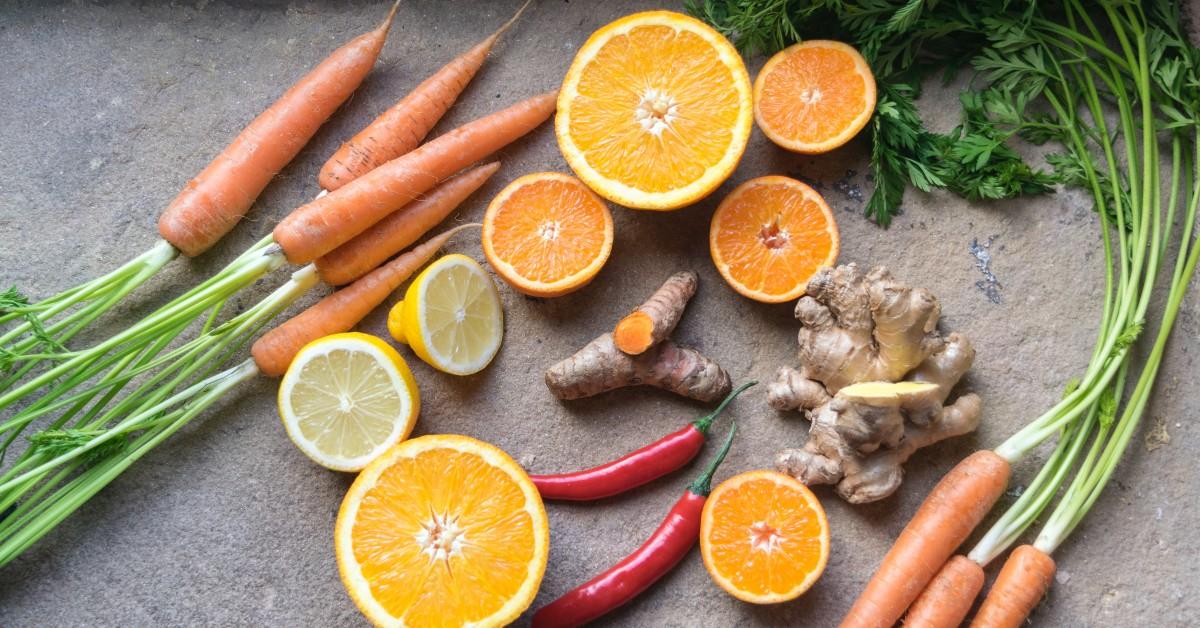
The Gut-Brain Connection: 5 Tips for Improving the Power Pairing
Tips on how to improve the gut-brain connection from exercise and mindful eating to proper water consumption.
By Truth HawkinsNov. 27 2023, Published 11:40 a.m. ET
Are you bogged down by tummy problems? Do you think it might be irritable bowel syndrome (IBS), loss of appetite, or even indigestion (among other woes)? Belly full of butterflies? Do certain situations make you nauseous? Believe it or not, research shows that the gut-brain connection is real!
In fact, over the years, studies have found that the hormones and chemicals released during times of depression or anxiety enter your digestive system and, in turn, wreak havoc on the stomach and intestines.
In this article, we look to the experts to learn tips on how to improve the gut-brain connection from exercise and mindful eating to proper water consumption.
Mindful Eating

Have you ever heard the phrase, "You are what you eat?" This remains true when related to your gut-brain connection. Reaching for healthy snacks such as nuts, cheese, or fruit and meals packed with Omega-3 fats, fiber, lean meats, leafy greens, and low-fat foods is a surefire way to mind what you eat. Similarly, take the time needed for your food to digest.
According to WebMD, "After a meal, it's important to be in a relaxed state to produce the gastric juices needed to absorb food. Gastric juice is essential for the absorption of vitamins, minerals, and nutrients necessary to support a healthy body and brain."
Exercise
Not only is exercise key to promoting heart health (the American Heart Association (AHA) recommends a minimum of 150 minutes, aka 2.5 hours of physical activity each week). But breaking a sweat is key to reducing stress and managing symptoms associated with depression and anxiety — both of which can affect your overall digestive system.

Water Consumption
Because water assists with breaking down food, it's crucial to ensure proper intake of fluids throughout the day. Adequate hydration consists of 15.5 cups (3.7 liters) of fluids daily for men and 11.5 cups (2.7 liters) daily for women, according to Mayo Clinic. Meanwhile, kids and teenagers should reach for 6 to 8 (eight-ounce) cups of water per day. The trade-off? A supported bowel system.
Vitamins
Defined as live bacteria found in fermented foods (like yogurt), taking a probiotic can ease stomach pain associated with diarrhea or constipation. Meanwhile, prebiotics, aka fibers and complex starches known to be snacked on by these bacteria, boast benefits such as improved metabolism, regular bowel movements, and reduced stress hormones.
Mindfulness
When combined, mental and physical stressors can create widespread inflammation throughout the body, impacting your GI system. While this woe isn't reversible overnight, research shows that practicing calmness can help reduce stress and make your body more resilient to inflammation. Begin by reconnection with nature by taking a walk. Try mindful listening to achieve stillness, or take deep, long breaths to find your center.
The best part? Practicing mindfulness — in addition, to improving the connection between your gut and brain — boasts a plethora of health benefits including self-awareness, improved confidence, cognitive skills, and much more.

